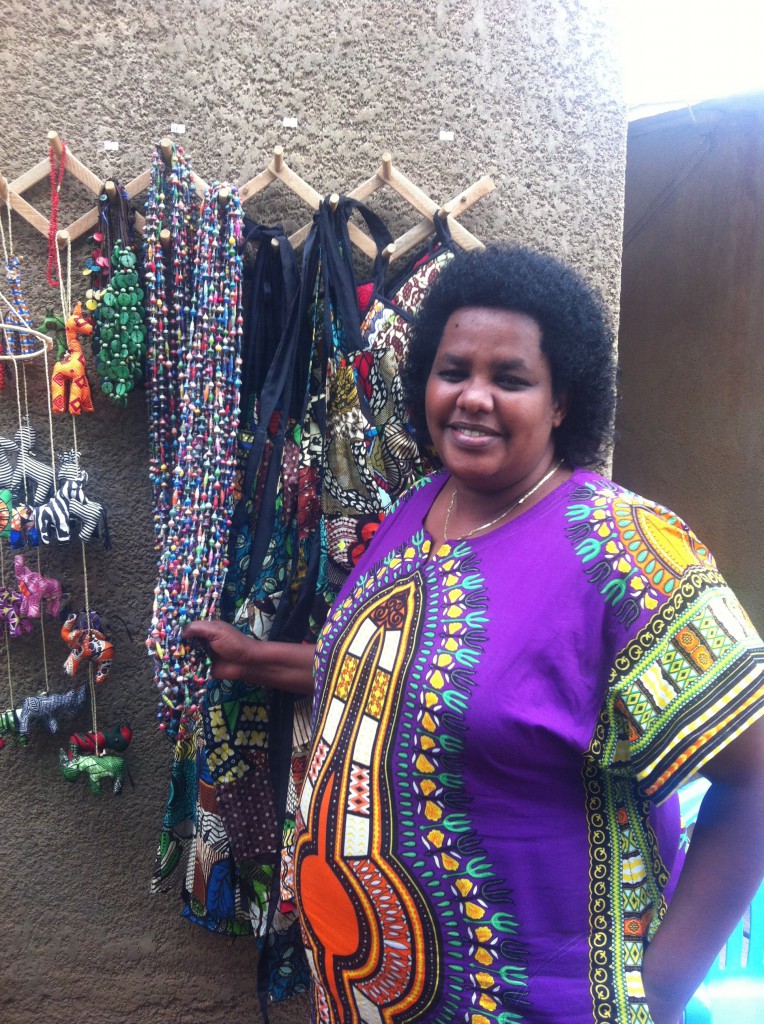In 2016, HOPE International had the great privilege of walking alongside more than 950,000 families around the world! Through our blog, we’ve shared a few their stories, along with insights into our work and the communities where we serve. We hope that you’ve been encouraged, challenged, and inspired in your own life to grow in faith and service to the Kingdom. In case you missed any of these popular blog posts, here are the most-read posts from 2016.
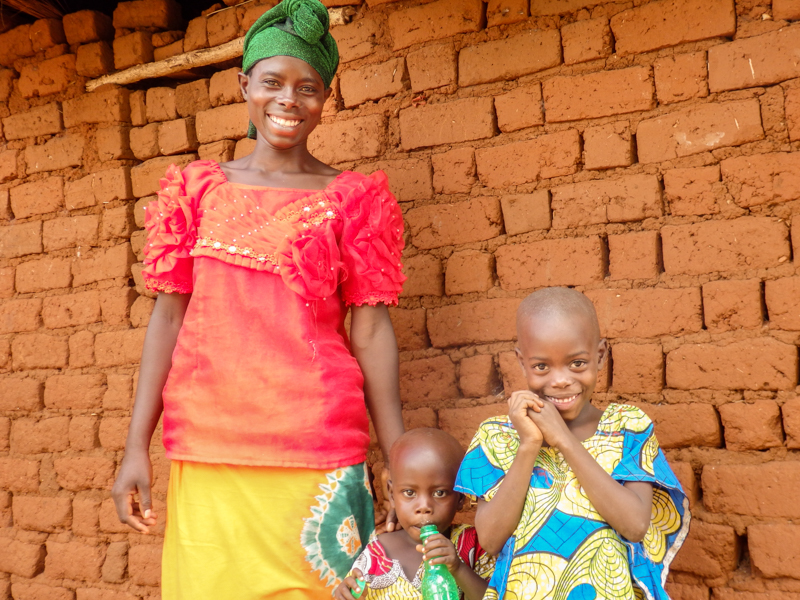
What the saddest people in the world look like
March 14, 2016 – Is Burundi the saddest country in the world? Lauren Sheard, HOPE Burundi’s program manager, wrote about a different, more hopeful Burundi, quoting HOPE savings members who share why they smile despite living in challenging circumstances. Learn why
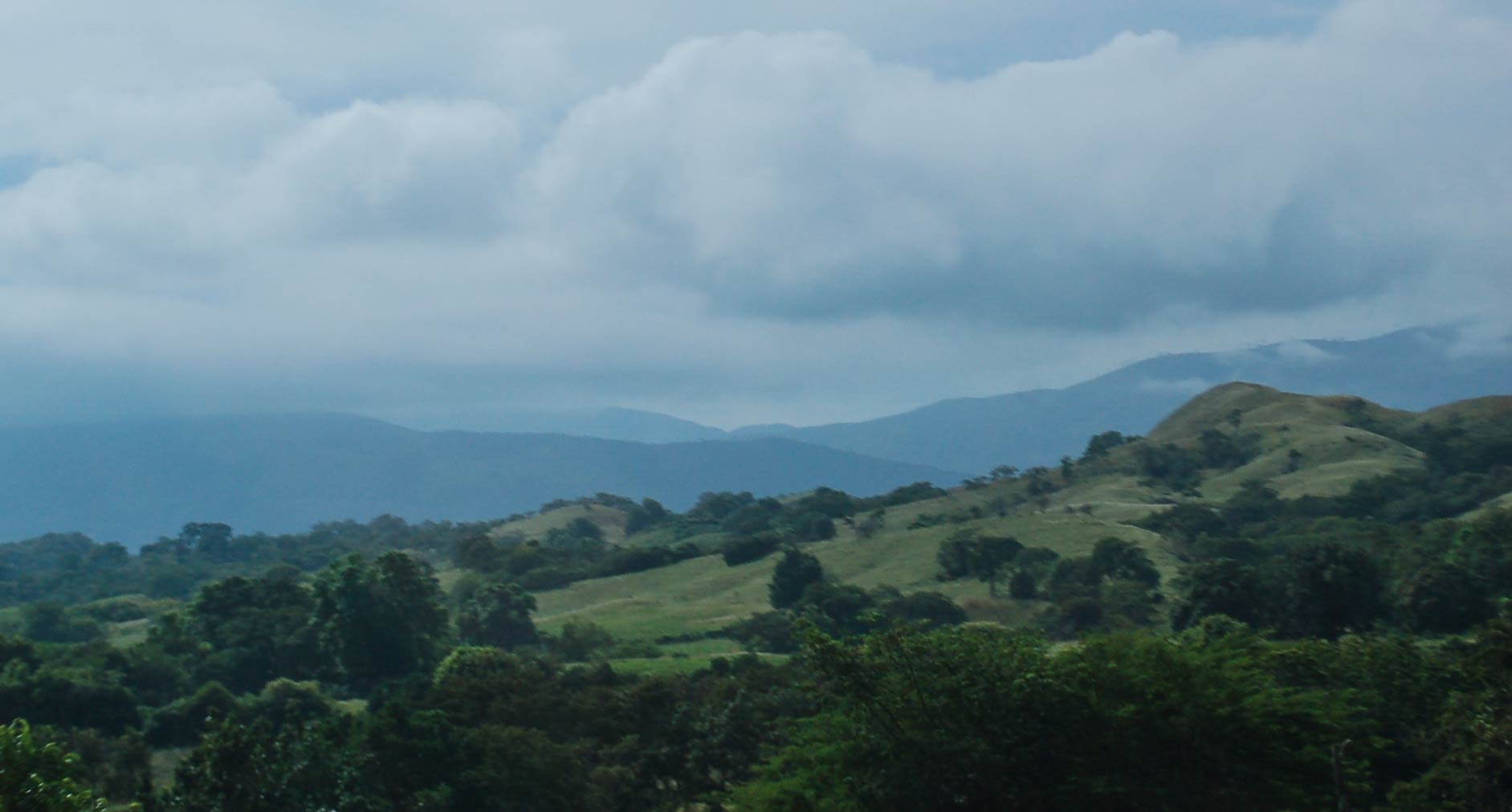
How to help in Haiti right now
October 7, 2016 – On October 4, Hurricane Matthew slammed into the southwestern region of Haiti. We invited you then to consider how you could help bring assistance to Haitian families, and we ask you to join us in lifting up the people of Haiti through these prayer requests that are still relevant today. Pray for Haiti
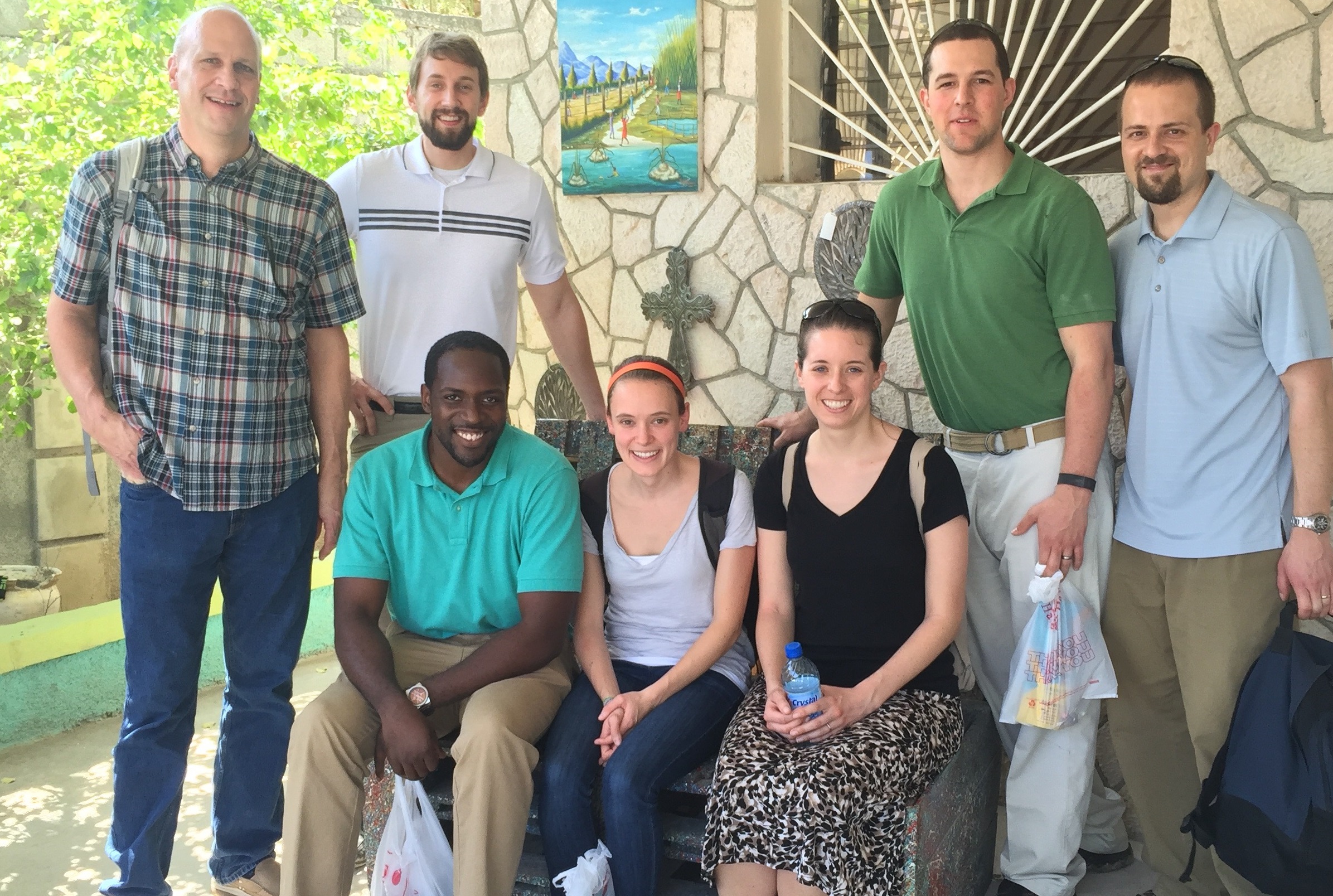 I took my teaching job—and paycheck—for granted
I took my teaching job—and paycheck—for granted
August 10, 2016 – After Luke Harbaugh, HOPE’s church and community liaison, met Rosemarie, a HOPE Haiti savings member, he had to consider the question, “What if I don’t get paid this week?” Read his reflection
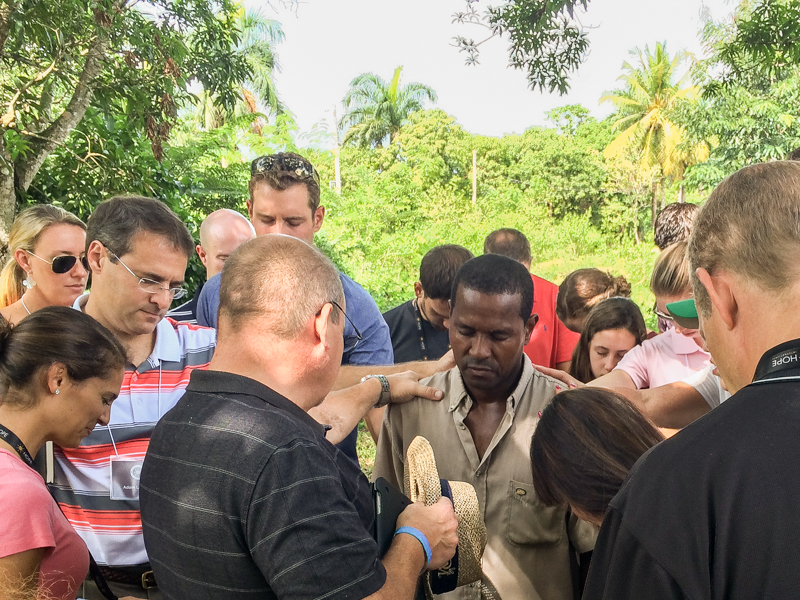 Five ways to rethink your short-term missions trip
Five ways to rethink your short-term missions trip
July 28, 2016 – HOPE Trips are distinct from what many might think of the typical missions trip to be. Annie Rose Ansley, our HOPE Trips liaison, shared five ways to set up short-term missions trips that are positive and powerful experiences. Learn more






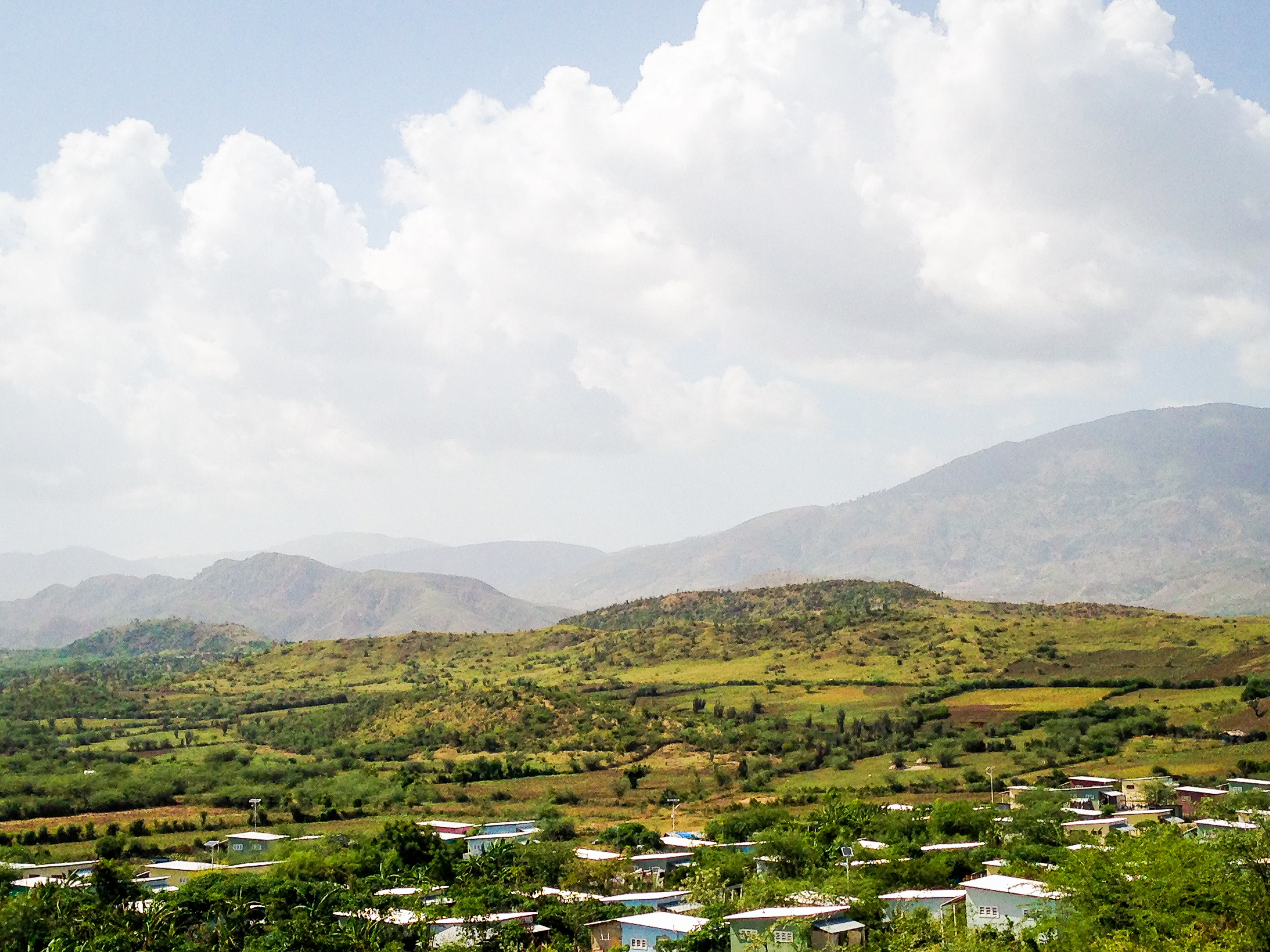

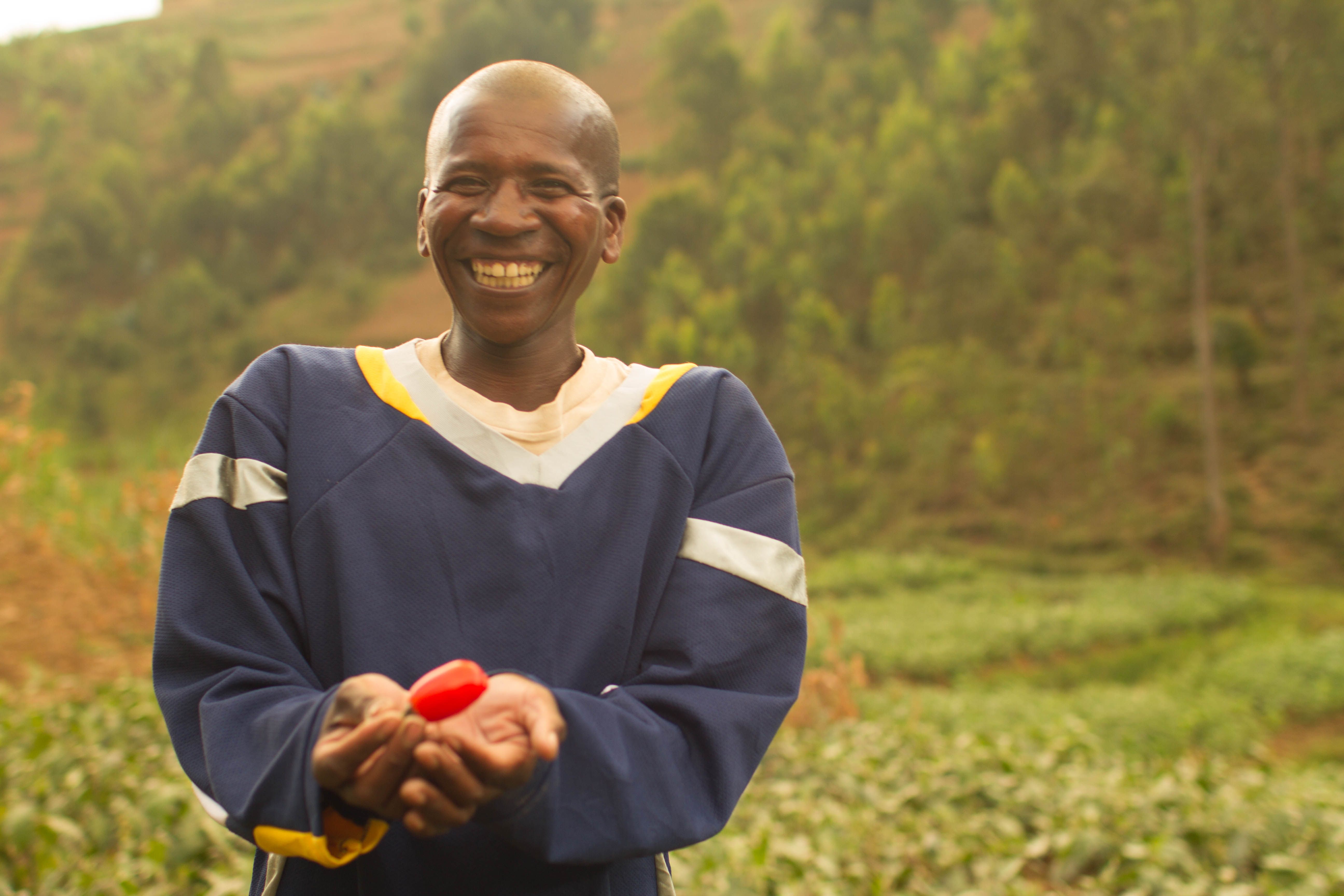
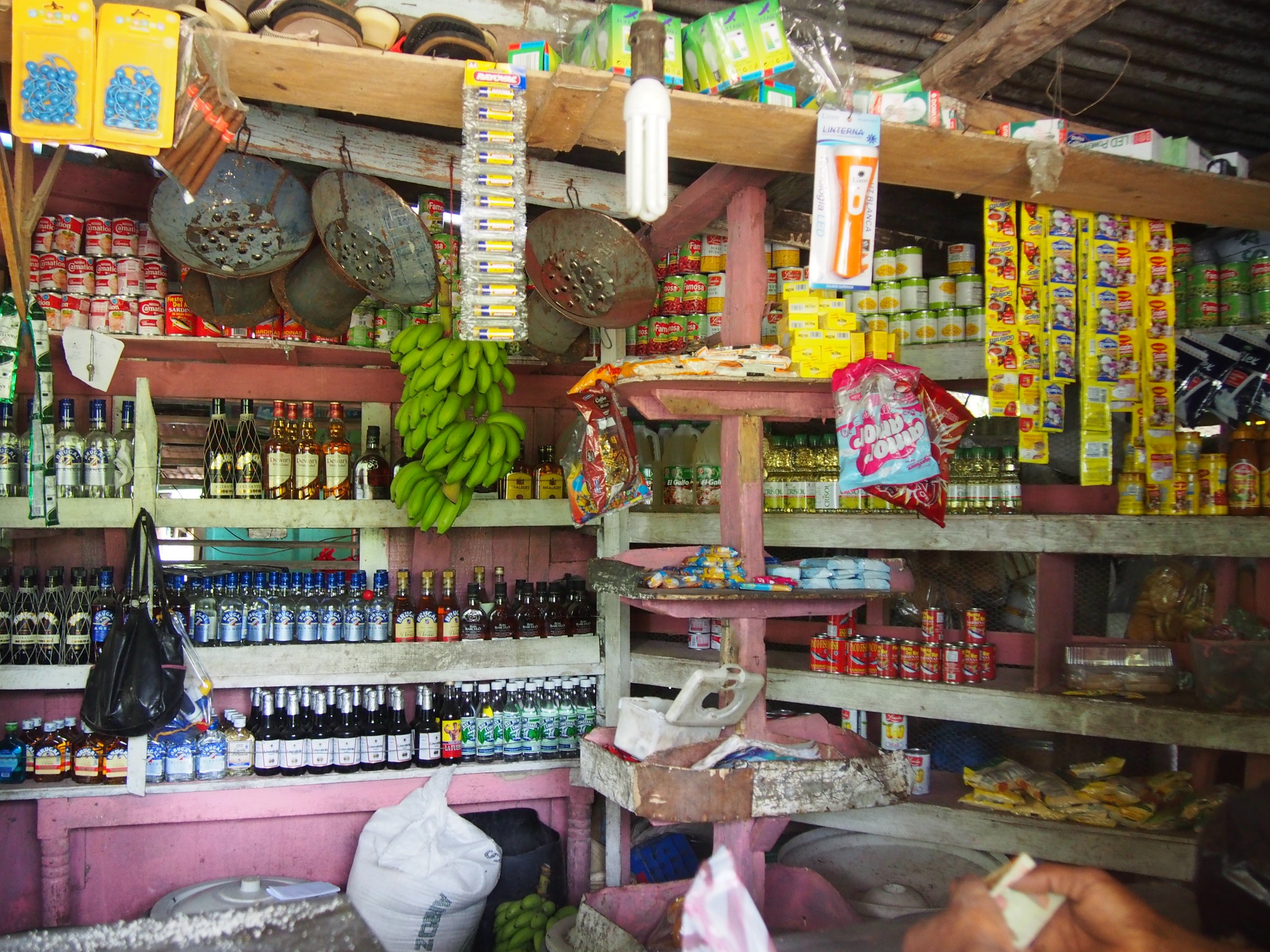
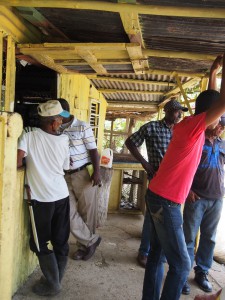 At times they share a just-purchased snack or drink, or perhaps they start a game of dominoes or chess (can you imagine a chess match going on inside your local 7-Eleven?). Many colmados keep these games behind the counter and let you borrow them, along with a few plastic chairs; a game will often draw a crowd of spectators.
At times they share a just-purchased snack or drink, or perhaps they start a game of dominoes or chess (can you imagine a chess match going on inside your local 7-Eleven?). Many colmados keep these games behind the counter and let you borrow them, along with a few plastic chairs; a game will often draw a crowd of spectators.